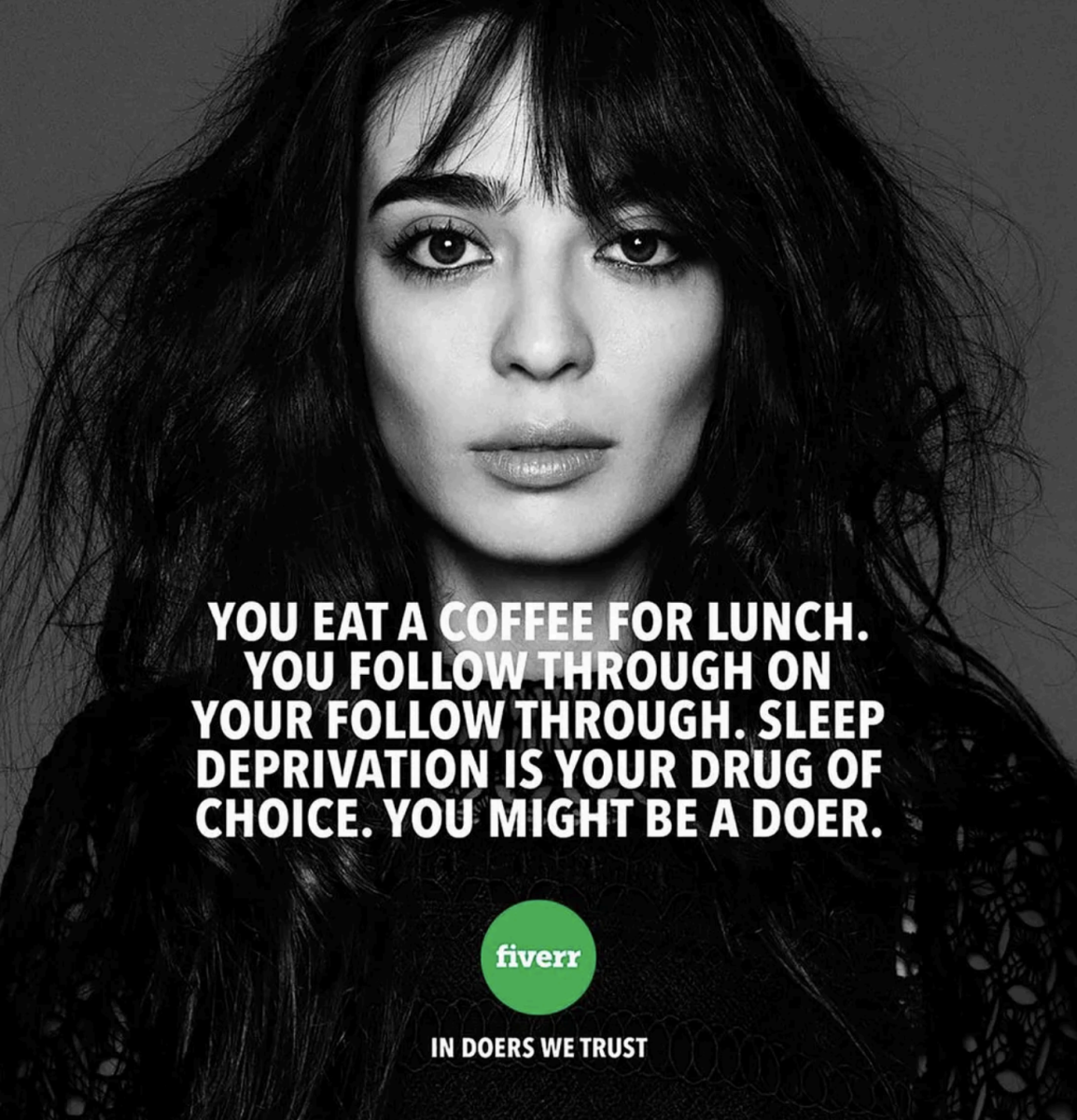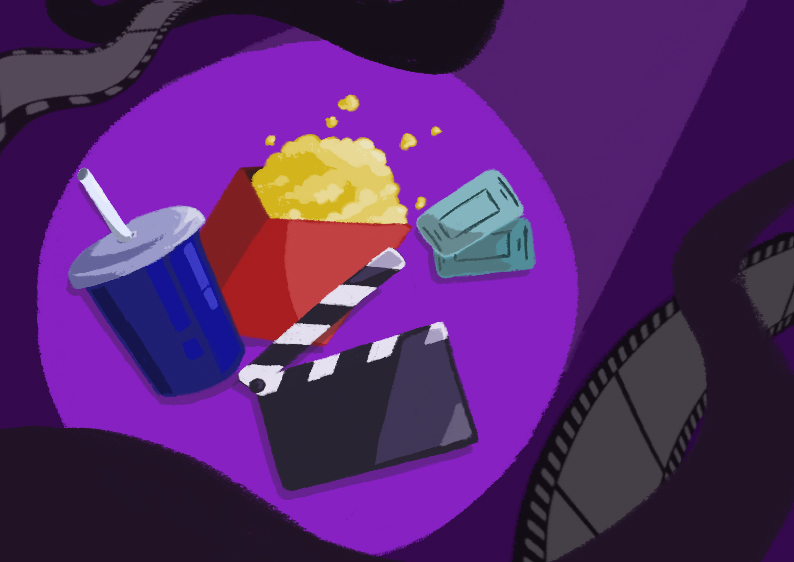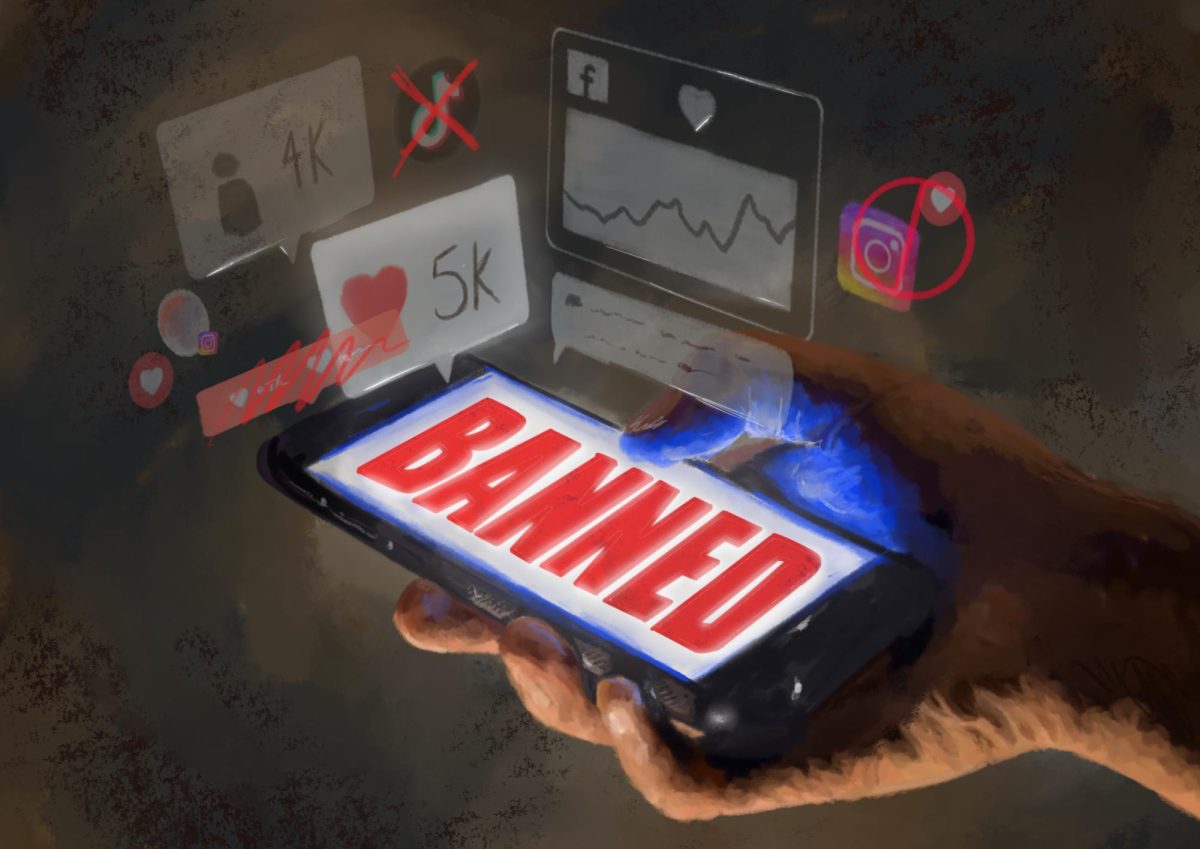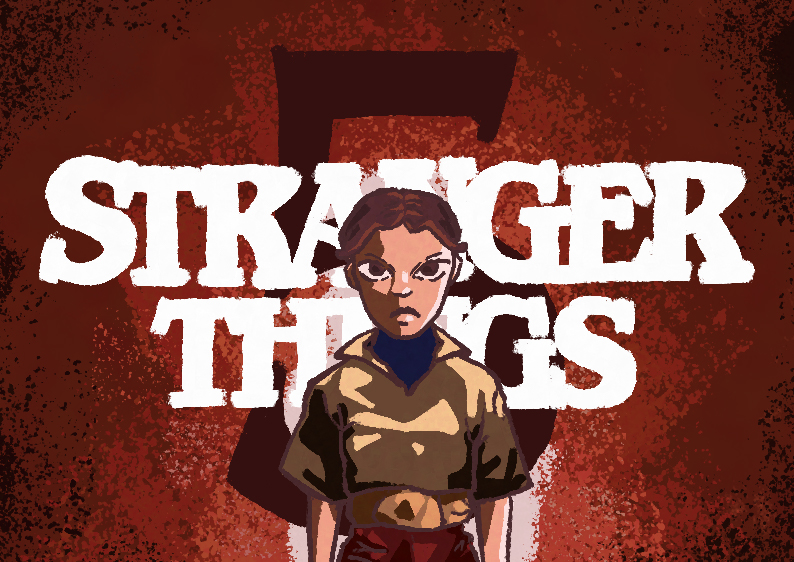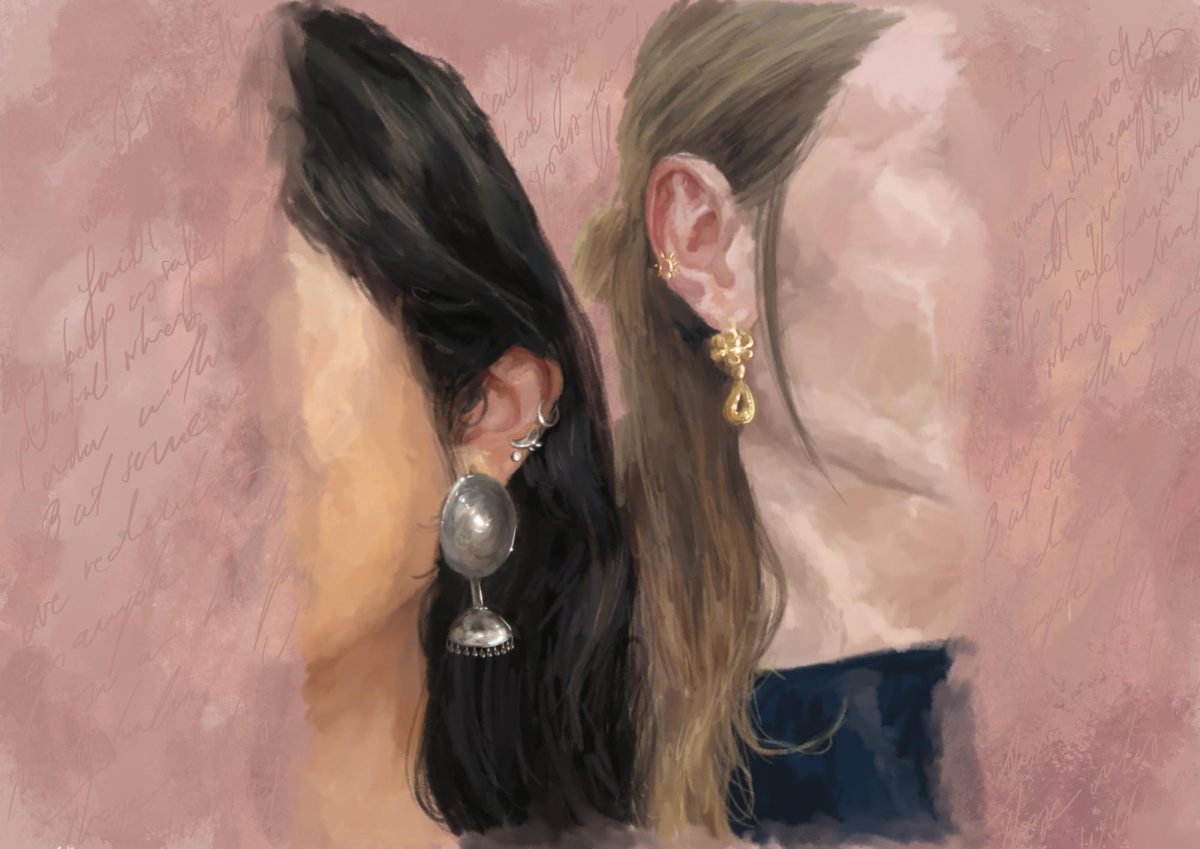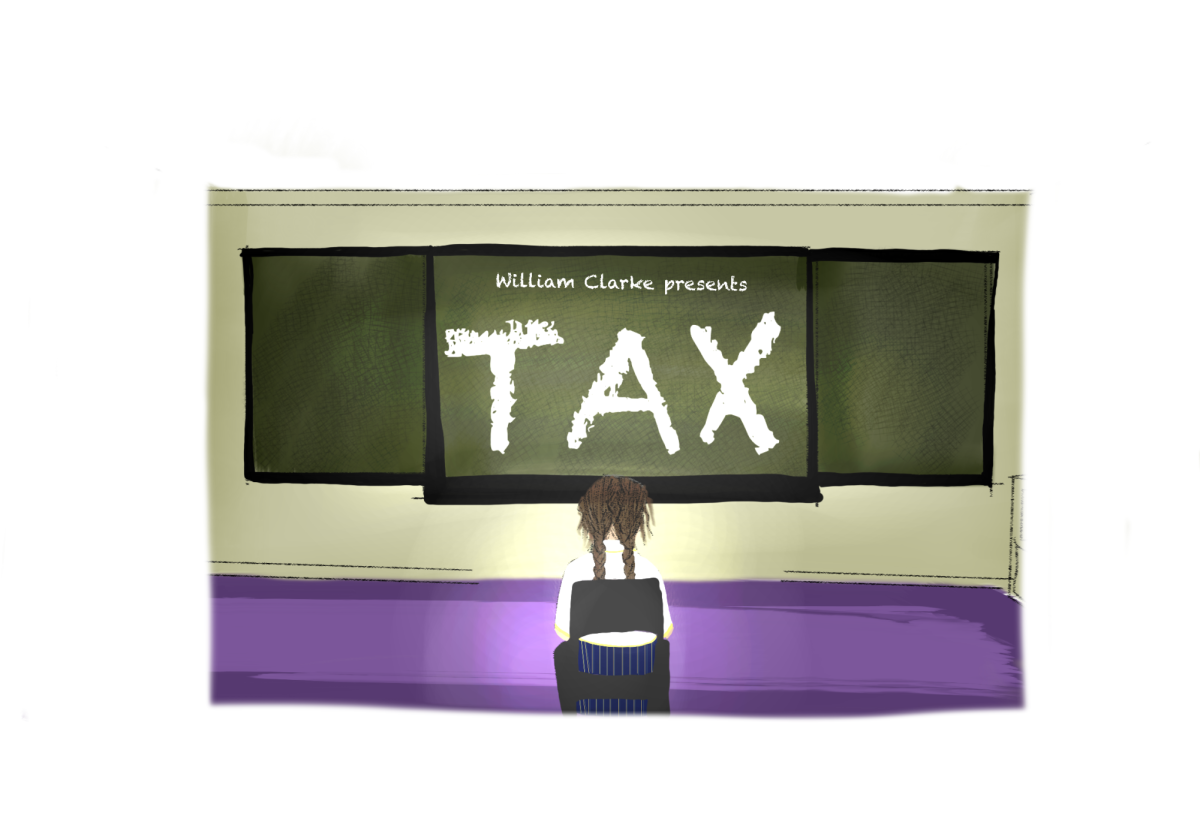Disclaimer: this article was not made to directly attack any lifestyle that you have. The sole purpose of the article is to address the physical and psychological impacts of today’s hustle culture.
Are you a doer? Even if you think yes, it might be worth it to confirm you still are in the eyes of Fiverr, the infamous online services marketplace. Back in 2017 (6 years ago – can you believe it?), the business sparked backlash with its advertising campaign, “In Doers We Trust.”
Fortunately (or I guess unfortunately for them), the advertisement was heavily criticised by a number of publications, such as The New Yorker, The Observer, and SFist, who, like me, were disgusted by the way that it romanticised the way our society, particularly through American media, perpetuates a culture where overworking yourself is the general societal norm.
However, If you’ve been scrolling through social media anytime since 2009, you’ve probably noticed this recurring theme: hustle culture. Everywhere you look, you will find posts and videos that link busyness to accomplishment, exhaustion to laziness, and, perhaps most dangerously, self-esteem to professional success.
Let’s cut through the hype.
Hustle culture promotes the idea that to be successful, you need to be working non-stop. It’s also subtly disguised in all the ‘aesthetics’ and ‘types of people’ taking over any teenager’s social media. Stop and think for a second. When was the last time you opened up YouTube or Pinterest, Insta or TikTok without seeing at least 1 video of some aesthetic ‘that girl’ showing their productive day in their life of waking up at 5 am, working out, studying for 3 hours and meditating before the sun has even risen?
For me, not in the past week.
And then you take a look at your life; rolling out of bed 20 minutes before your bus comes and sleeping in until 2 on the weekends. I refuse to believe it’s just me getting bombarded with videos of people flexing their ‘perfect’ lifestyles and pushing it to be the norm. I’ve even been recommended Pinterest boards of the ‘overworking aesthetic’.
Look at Elon Musk. He’s known for his extreme, overexerting work ethic, often clocking in over 120 hours per week. Musk has frequently shared stories of living in his factories and sleeping on the floor to ensure that production deadlines were met. He also once stated, ‘Nobody Ever Changed The World On 40 hours A Week’ — But with the average employee working around 44 hours per week just to make ends meet, he couldn’t be more wrong and unrealistic. Musk himself revealed his schedule leaves him drained (shocking), “nutty”, and like he’d “burnt out a bunch of neurons”. “I go to sleep, wake up, work, go to sleep, wake up, work—do that seven days a week, ” Elon Musk’s lifestyle clearly resembles that of a person who is regarded as a doer by Fiverr.
Despite all the stats, the studies being done and all the health professionals advising against it, it’s almost like our society is so obsessed with this quote on quote ‘American Dream’ – a lifestyle where how hard you work is equivalent to your level of happiness, that we’re not willing to accept all the damage it’s doing to us. While I’m certainly not against devoting the necessary time and effort into your work, statistics show that teenagers are generally unable to take care of themselves effectively due to their overload of work, resulting in poor physical and mental health.
As Harvard Business Reviews cleverly puts it, working has become more than simply a way to keep ourselves occupied; it also forces us to prove our worth to others and to ourselves. As a result, without the proper safeguards in place, we silently agree with bosses (or society and media) who urge us to overwork under strong pressure to perform.
However, after thinking a lot about this, I’ve concluded that we needn’t completely reject this theory since there are parts we can keep and parts I’ve modified. It’s like a magic pill that just works for anyone no matter what you’re trying to stop overworking on. All you need is the will and awareness to apply it. But as always, there’s a catch. You’ve already imagined yourself with that magic pill in your pocket…and it’s still there. The magic pill is to find something in life that you love more than yourself. Something so important for you that you would forget the opinions of everyone around you, eat pizza for years, live in a van if needed, sleep for 3 hours a day and still be absolutely happy simply because you get to do what you love.
And that’s it.
People will be amazed by the sheer amount of energy in you. Not a single thing in the world will be an obstacle. Internet is slow? You will find a way. Always, always busy, because nothing else will be nearly as important for you. People are magnificent creatures. They are able to achieve tremendous things if they follow their passion. And yet they choose to watch TED talks and Musk’s interviews all day. So whats the difference?
Hustle culture forces people to worm because they want to prove themselves and fit the norm, and not get left behind, leading to bad mental health, whereas following your passion can fuel motivation, enhance wellbeing, and provide meaning in everyday life. After applying this theory to my own life, I’ve noticed I have so much more energy, so much more happiness. Others have commented on it too. And I don’t know about you, but if I got to my death bed and realised I had wasted my life hating myself for not working hard enough and not following those passions I had because I was afraid that I would be ‘left behind’, and ‘not fitting the norm;… that would be sad. So in case you’ve just skipped to the end to get to the point, here it is: Success doesn’t have to come from relentless work. Even Arianna Huffington, founder of Thrive Global, argues that prioritizing well-being is more important than burning out . Her point is simple: achieving balance is key to maintaining both productivity and mental health. “When we prioritize our well-being, everything else in our life gets better, including our products, including our performance at work, including our success.”
Dont be a doer. Be a liver.






